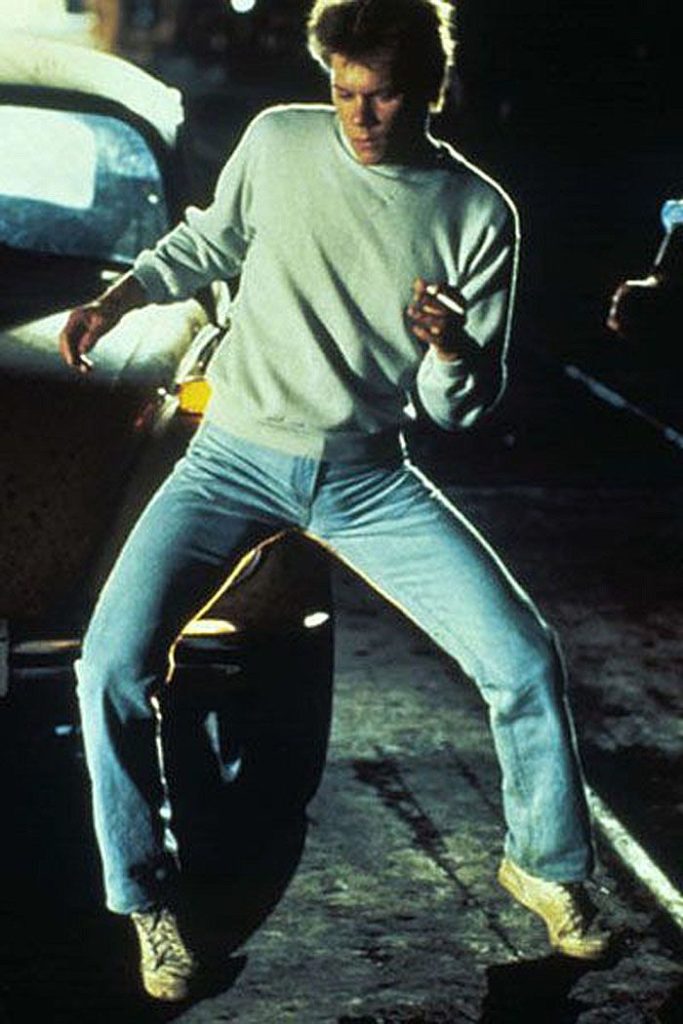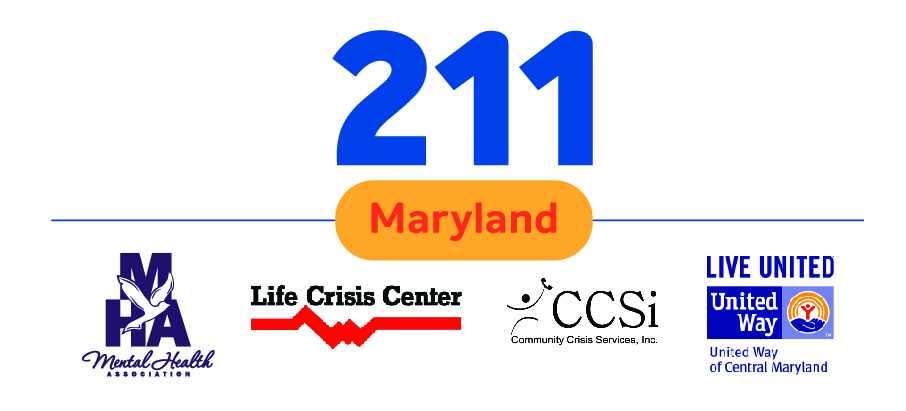[This guest post is from Joshua Pedersen, President and CEO, 2-1-1 Maryland. Thanks, Josh!]
There is a great scene in the 1984 version of Footloose where the high school “punk” Wren (played by Kevin Bacon) seeks permission from the town council to hold a dance. The local Pastor (played by John Lithgow) reminds Wren, the local citizens, and the town council that a dance is fraught with evil and should not be allowed. The tone of the once divisive meeting changed when Wren begins to quote biblical passages about the religious benefits of dancing: people began to listen and a dialogue was opened between the students and the faith/city leaders. Wren learned the unique “language” of the town council and in the end actually gets permission to take the Pastor’s daughter to the dance.

2-1-1 Maryland’s evolution to Open Referral has been similar to that 1984 film. We are learning the new ‘language’ of API’s, while also learning to communicate with new nontraditional partners.
2-1-1 Maryland’s mission is to ensure all residents of our state have access to community resources that can help them meet their needs. That’s why we’re excited to announce the Maryland Open211 project. Maryland Open211 will test and scale innovative means of sharing 2-1-1’s invaluable resource data as an open, interoperable resource available to all.
Our vision of the future is one in which 2-1-1 is the foundation of an ecosystem of organizations and technologies that are helping Maryland residents in need — using a broad array of tools and channels to proactively improve the well-being of our communities. In essence, we need to communicate in the various languages of the many platforms where this critical information can be shared.
Providing resources and information in the language of our callers has been the hallmark of our service; this effort amplifies that philosophy across our entire community of providers.
By partnering with Open Referral, we seek to evolve 2-1-1 Maryland’s landscape into an ‘open network’ in which resource data can be made sustainably available as a public good. This means we learning to develop new kinds of partnerships with other referral providers, nonprofits and government agencies.
We’re beginning right at home: Maryland 2-1-1 and Open Referral will partner with our local providers and their two software vendors to ensure that our diverse network is able to seamlessly share resource data across our call-centers in real-time. These software vendors, who in other respects are competitors, are now in the process of cooperatively adopting Open Referral’s Human Services Data API protocols, so that we can ensure that each of our call centers’ systems can be interoperably aligned as part of a coherent state-wide ecosystem.
We will also explore opportunities to cooperate with other trusted sources of health, human, and social service directory data — such as the People’s Law Library at Maryland State Law Library, and our partners in state and local government.
Our goal is to develop a new business model that will increase the quality of available resource data while decreasing its cost of maintenance; expand the reach of that data by making it easier to develop new tools and programs that help people use it; make it easier for researchers, policy leaders, and other decision-makers to evaluate programs and communities’ needs; and generate sufficient revenue to sustain these operations.
We invite interested parties to join us in dialogue: let’s learn each other’s language, so that we can continue to bring people and services together.
To learn more about the pilot project, please get in touch!


Leave a Reply